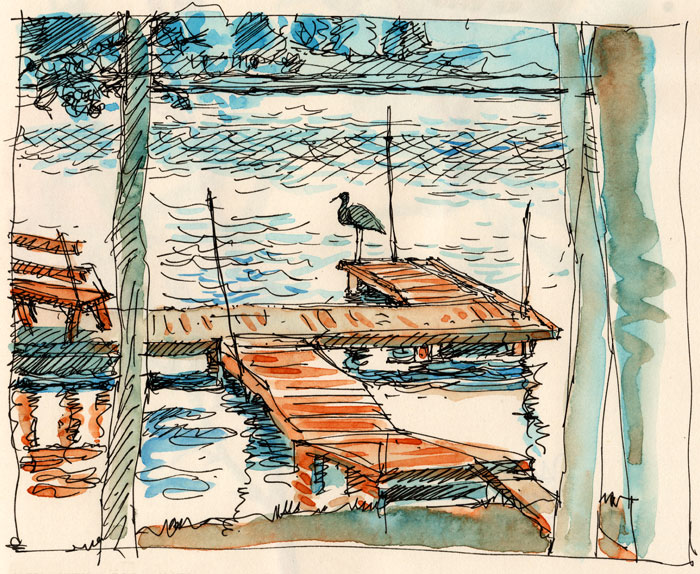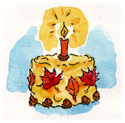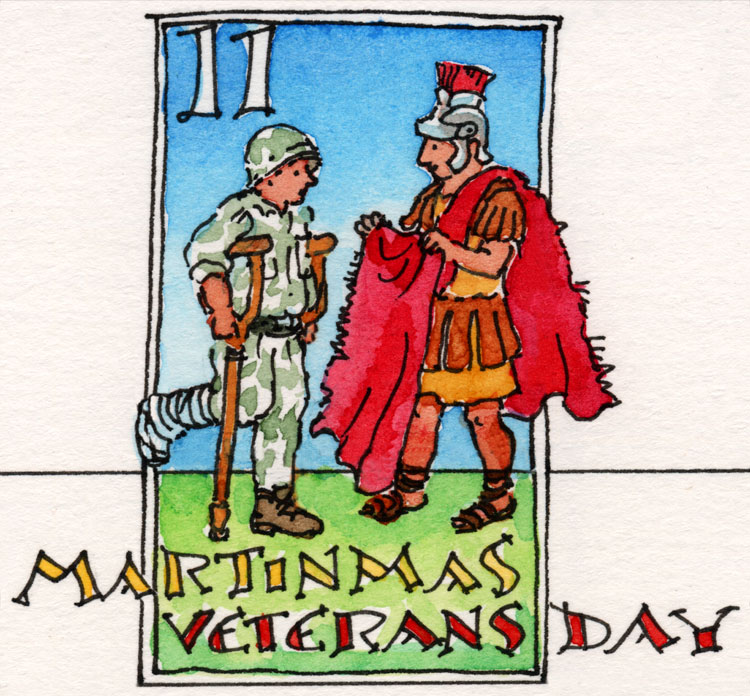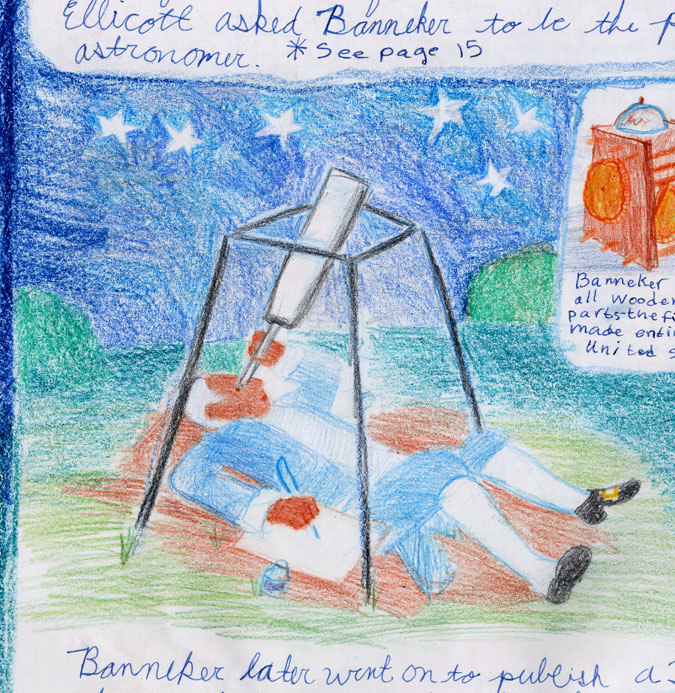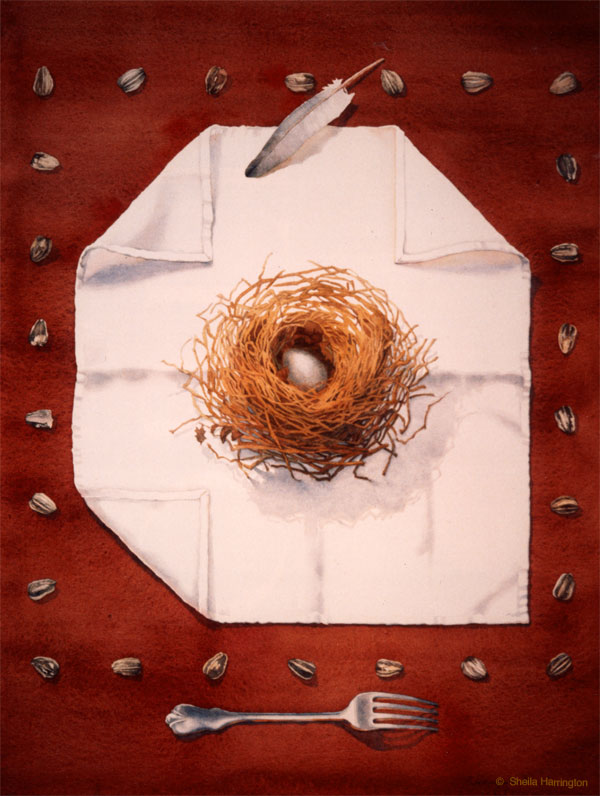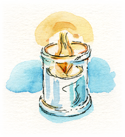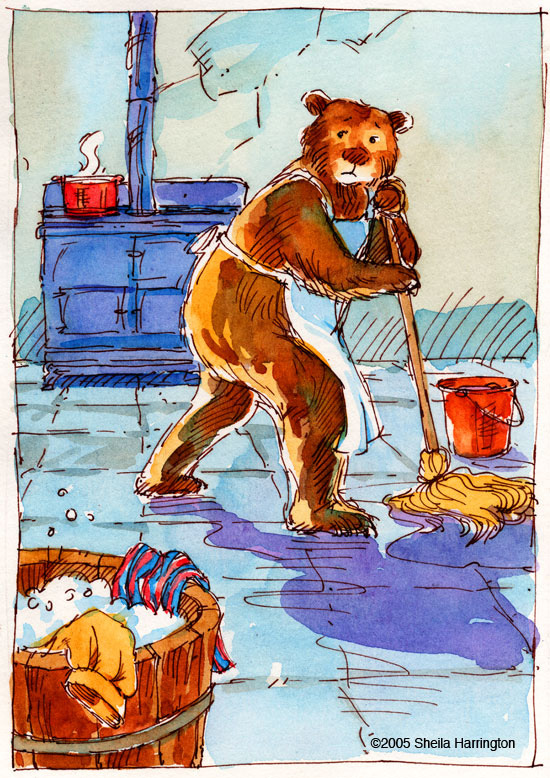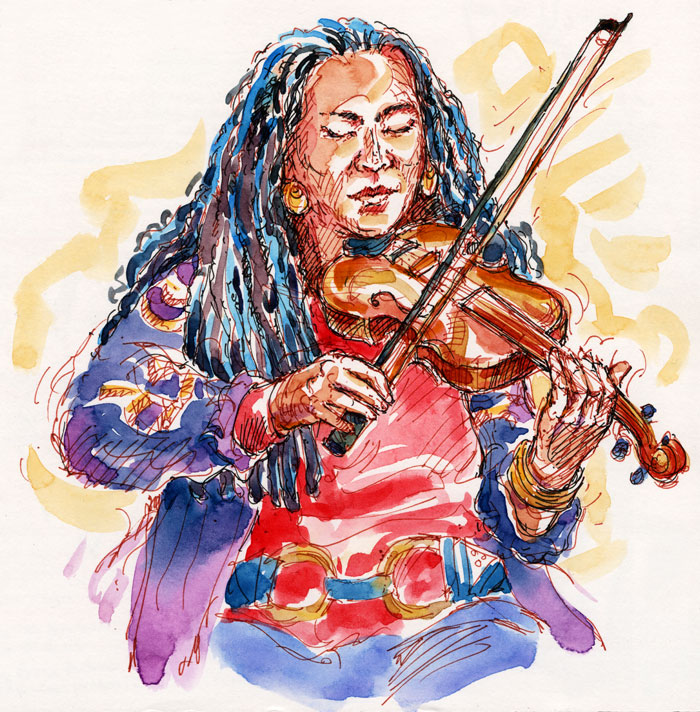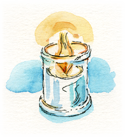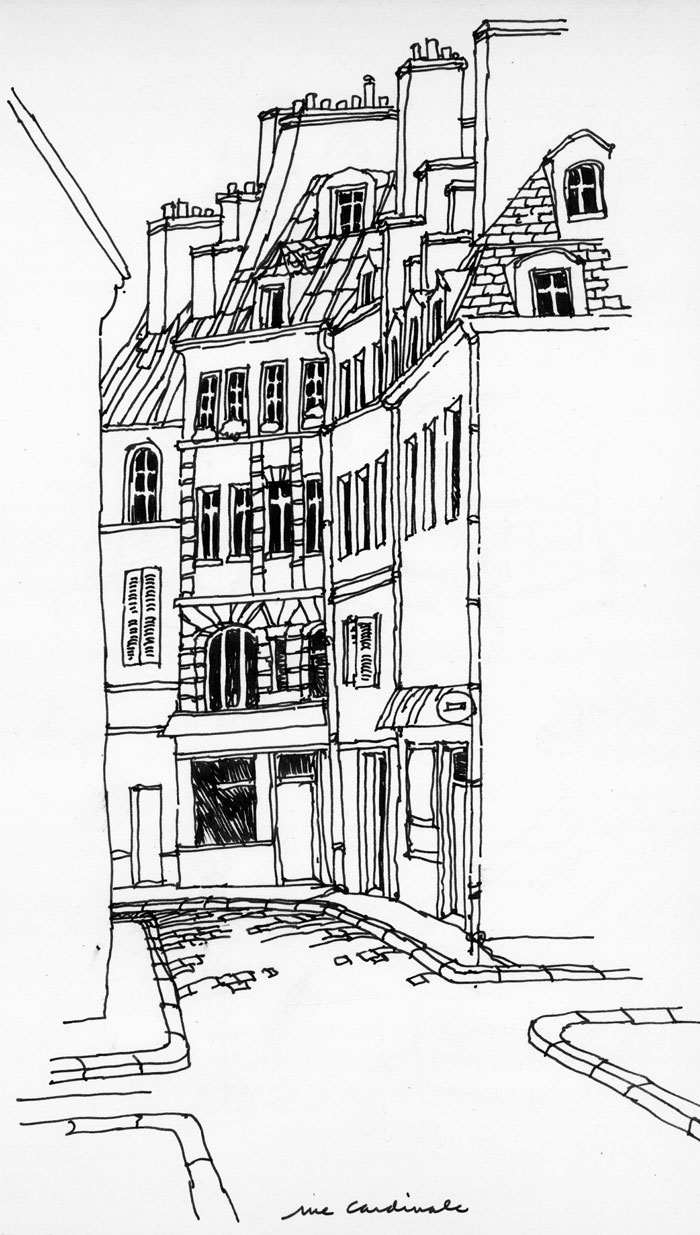Today, after spending fifteen of the past twenty-one years under house arrest in Burma (misleadingly renamed “Republic of the Union of Myanmar” in 1989 by the psychopathic reigning military junta), the brave and resilient Aung San Suu Kyi (b. 1945) has finally been released.
Aung San Suu Kyi is the daughter of Aung San, who was considered the father of the movement for Burmese independence from Great Britain. After fighting with the British against the Japanese in WWII, Aung San and his colleagues successfully negotiated Burma’s freedom, completed a new democratic constitution, and founded a transitional government, whereupon most of them were assassinated by political rivals.
After her father’s assassination, Suu Kyi was raised by her mother, who herself became active in the new government. The fledgling democracy struggled, torn by disputes among factions, paving the way for a military coup in 1962 from which it has never recovered. Over the years the junta, though occasionally rearranging its participating hoodlums, has nevertheless successfully implemented their apparent plan to destroy all human rights and run the economy into the ground. Intermittent struggles for greater freedom and participatory democracy have been routinely crushed.
After the coup, Suu Kyi studied and worked abroad for several years, married, and had two sons, but when she returned to Burma in 1988 to care for her ailing mother, she became involved in the pro-democracy movement. That year saw mass demonstrations and the founding of a new political party, the NLD (National League for Democracy), which, unlike some self-described democratic movements, actually aspired to the establishment of genuine democracy. The junta responded to its citizens’ calls for Change by killing thousands of them. Count your blessings, USA. Many left Burma altogether (eventually including Suu Kyi’s husband and children). Suu Kyi, who helped found the NLD and became its leading candidate, was briefly put under house arrest, a punishment that would become familiar.
Having tidied up the place a bit, the military junta then called for general elections in 1990, naively believing that their fabulous management would render them universally popular. To their astonishment, the NLD won 59% of the vote, giving them 82% of the seats in Parliament and Suu Kyi the office of Prime Minister. The junta promptly declared the election results void and, despite international protests, put Suu Kyi back under house arrest, where she has mostly remained, with occasional trips to prison or the hospital or inexplicable brief periods of limited freedom to move about.
Suu Kyi has handled her confinement with incredible strength and grace, maintaining, when she can, contact with those few friends and colleagues who have been permitted to see her. Her time has been spent writing for the encouragement of her people, when she has had the materials to do so. House arrest effectively put an end to her family life, as she was informed that if she were ever to leave the country, she would not be allowed to return, obliging her to choose between a comfortable and free family life elsewhere and the continued struggle for the future of her fellow citizens. And she chose the latter. Her husband died of cancer in 1999, having been denied permission to visit his wife one last time.
Suu Kyi, an avowed Buddhist, has never advocated violence but only adherence to Burma’s democratic constitution and improvement in the lives of the Burmese people. While detained, Suu Kyi has been awarded numerous awards for her relentless yet peaceful struggle, including the 1991 Nobel Peace Prize (the prize money was used to set up a health and education trust for the Burmese people).
The government has not prevented her from writing, perhaps feeling it gives them an illusion of magnanimity. Several books have been published abroad (unavailable in Burma, obviously), one of which, Letters from Burma, written for a Japanese newspaper column, covers 52 weeks of life in Burma with subjects ranging from national festivals to sharing tea to government craziness, with delightful vivacity, humor, poignancy, and everlasting patience.
Supporters around the world rejoice at her release, but also express concern. Freedom for Suu Kyi is not really free. She is always at risk, a potential target for government operatives and their hirelings. She immediately spoke up for thousands of other Burmese political prisoners who have been similarly detained, imprisoned, or attacked, and to support an investigation into Burma’s recent rigged elections. (In Burma to support such an investigation is illegal.) Thus is the wild heron always at risk, from storms, enemies, and unexpected danger. But like the heron Suu Kyi carries on fearlessly. May she also enjoy her breath of freedom, fly strongly, and live long.

